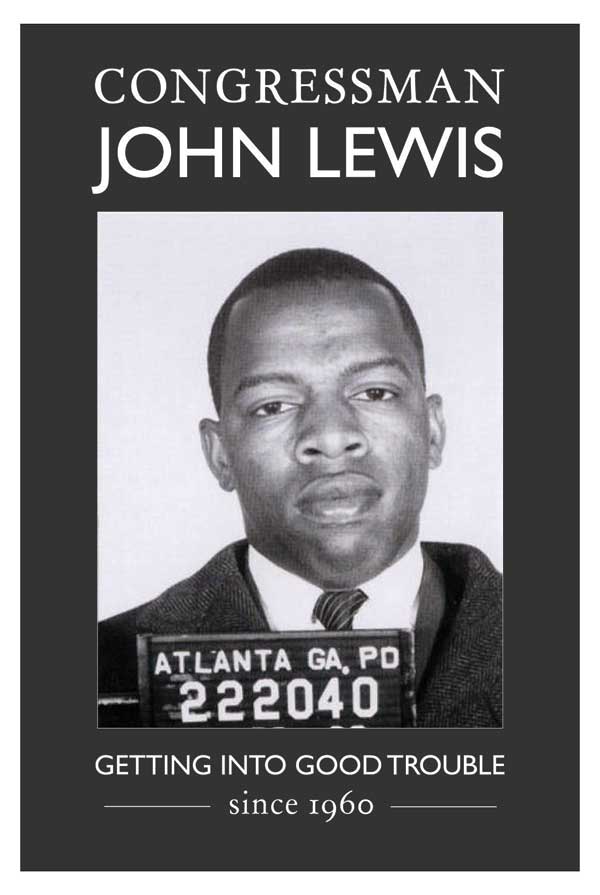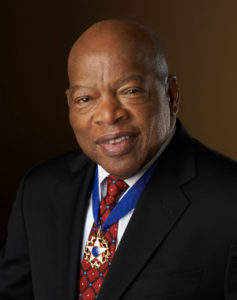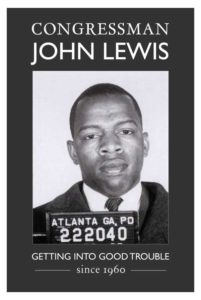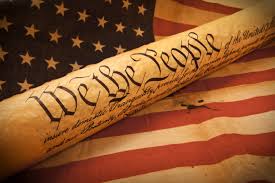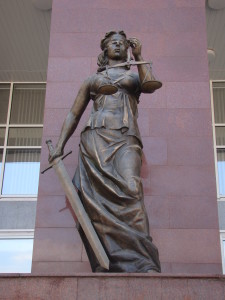 The political contest unfolding in the race for President is unlike anything we have witnessed. Not in recent memory have such divergent views been offered as the vision for the United States of America. But will we merely watch from the sidelines or will we engage?
The political contest unfolding in the race for President is unlike anything we have witnessed. Not in recent memory have such divergent views been offered as the vision for the United States of America. But will we merely watch from the sidelines or will we engage?
It is incumbent upon us to engage. We can engage by learning all we can about the visions each candidate puts forward and sharing our thoughts with those around us. We were taught it was impolite to discuss politics. So I suggest that we discuss the issues at stake instead. We discuss our view of the government’s role in the lives of its citizens and we discuss the role of our nation in the world. Jewish values of tzedakah, social responsibility through sharing our blessings with the disadvantaged among us and creating the world we aspire to see, are at the heart of who we are as Jews and as a nation. We stand for protecting the oppressed, feeding the poor, clothing the naked, and sheltering the homeless. We must continue to champion these ideals.
Instead of delving into ugly character assassinations, let us seek to promote our particular worldview and discuss which person and which party supports our view and is equipped to fight the fights necessary to achieve that vision.
Respectful conversations about who we are and where we are going should always be welcome and they are never more important than they are now. The ultimate expression of this conversation is voting and casting a ballot for a candidate. This is the highest declaration of our commitment to our future.
Will you be a witness to history or an active part in its unfolding? The choice is yours.



